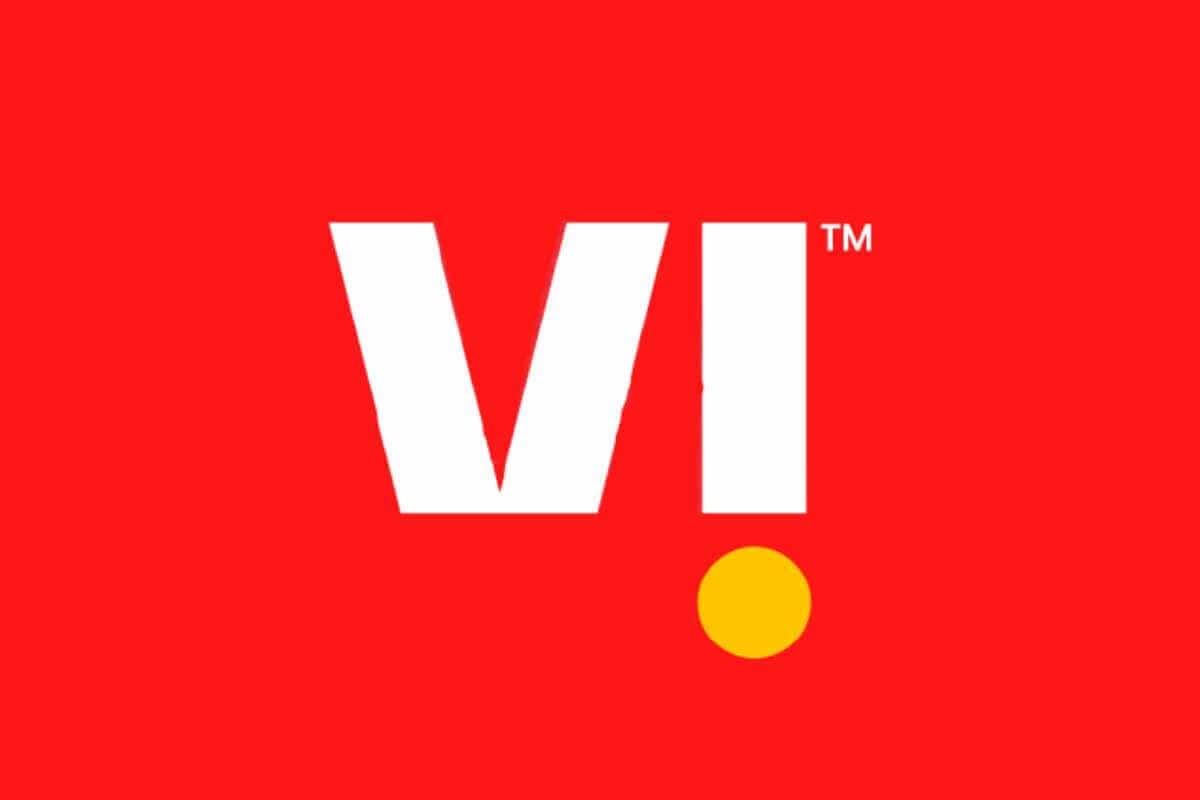
Vodafone Idea (Vi) said the Indian government’s decision to convert part of its dues into equity bolsters the prospects of securing bank credit to the tune of Rs 25,000 crore, as the company seeks to expand and upgrade its telecom network. However, bankers said the move might not be sufficient assurance for them to lend to the troubled company, ET Telecom reported.
Also Read: Indian Government to Raise Stake in Vodafone Idea to 48.99 Percent
Bankers’ Concerns Over Loan Viability
“This liquidity support is a significant boost for the company and strengthens its position in discussions for debt funding,” Vodafone Idea (Vi) said in an email, according to the report.
Bankers reportedly view the government’s move as a positive step but not sufficient to unlock funding. While the equity conversion covers dues until September, outstanding payments remain beyond that, officials noted. Additionally, they pointed out that the conversion only accounts for 15 percent of the total dues.
Government’s Equity Conversion
The Union government has given a fresh lifeline to Vodafone Idea by converting the telco’s outstanding spectrum-auction dues into equity shares, worth Rs 36,950 crore, at a premium, in the process raising its stake to around 49 percent in the company from 22.6 percent.
“Unless the government gives a schedule of how they are going to handle all the dues, it keeps the company as well as lenders on a knife edge, which will make fresh loans difficult,” an unnamed banker was quoted as saying in the report.
The report quoted a person directly familiar with the matter as saying that the conversion was something the banks had been pushing for and should allow Vodafone Idea to raise funds from them to double down on network investments.
Also Read: Are Vodafone Idea’s Cheap Plans and Top 4G Network Paying Off? Here’s What Subscriber Stats Show
Vodafone Idea’s Financial Position
“In line with the September 2021 Telecom Sector Reforms and Support Package, the government has converted the spectrum auction dues into equity shares,” the report cited an email from Vi. “In light of this action, we are exploring debt funding options, including discussions with lenders. As shared previously, we are seeking Rs 25,000 crore in debt funding.”
Vi’s share price surged over 20 percent on the NSE Tuesday to close at Rs 8.10 apiece.
“The conversion was very, very critical because it pushes a lot of the company’s obligations towards the government for at least the next three-four years and a very large amount goes out of that discussion,” the report cited the person directly familiar with the matter as saying. “The existing Rs 10,000 crore cash EBITDA can grow up to Rs 30,000-40,000 crore in the next three-four years’ time frame.”
Vi’s total dues to the government, including deferred spectrum payments and adjusted gross revenue (AGR) liabilities, currently amount to about Rs 2.10 lakh crore.
Vi’s Problem is Government Problem
“The Vi problem is no longer a banking one but a government one, because the dues from the company have been taken into account in the fiscal maths as receivables,” said a third banker, according to the report. “More importantly, to avoid the fall of the crucial telecom sector into a duopoly with little government control, the government has no choice but to keep it going.”
The AGR dues and spectrum usage charge (SUC) instalments pertain to airwaves acquired in auctions between 2012 and 2016. These payments are due this year as the four-year moratorium ends in September. Banks currently have an estimated exposure of Rs 8,000 crore to Vi, primarily in the form of non-fund-based bank guarantees.
The total fund-based bank exposure to the company is estimated at about Rs 2,000 crore and rapidly declining, as Vi has been making payments on time, bankers reportedly said.
The person cited above reportedly stated that the telco needs to repay statutory dues over a number of years, and with cash flows expected to increase 3-4 fold over the next 3-4 years, that concern should also be addressed. “This is an obligation of asset (spectrum) which I am going to use over time. My spectrum payment is due up to say 2042, 2045.”
Private Sector Banks Already Out
The person reportedly added that in FY25, the capital structure of the company has improved by Rs 63,000 crore. “Even in the most troubled times, the company has not defaulted a single dollar to the banking system. Over the last 4-5 years Vi’s banking exposure has come down by Rs 36,000 crore and today stands at only (around) Rs 2000 crore.”
“Private sector banks are already out of the company and there is no way private sector lenders will be able to take exposure at the current juncture because it is still below the investment grade of BBB+,” said one of the bankers cited in the report. “Even for nationalised banks, it is very difficult to justify to the board as to why fresh funds are being given to a lower-rated private sector company when the promoter is not willing to put in more funds. The company’s local rating is BB+.”
However, the person reportedly added that the latest government move is likely to trigger a credit re-rating.